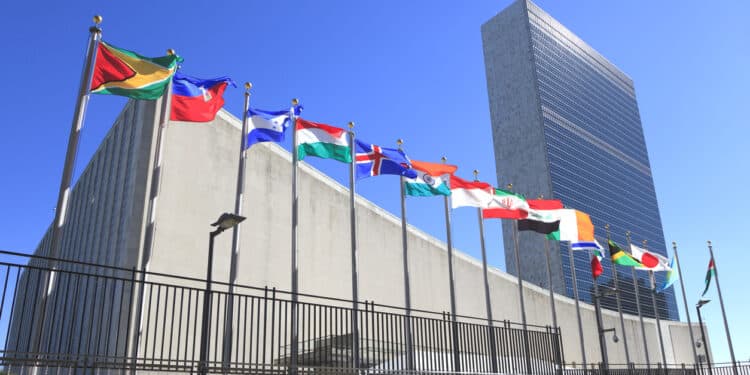On October 15, the National Whistleblower Center (NWC) submitted comments to the United Nations (UN) Human Rights Council’s Special Rapporteur about the status of whistleblowers as human rights defenders. In their comments, NWC advocates for stronger protections for whistleblowers, particularly those who expose environmental crimes and corruption.
NWC submitted comments in response to the Special Rapporteur’s call for inputs for a report on human rights defenders’ anti-corruption work. In their request, the Special Rapporteur explains that “[i]t is widely recognized that corruption undermines the realization and enjoyment of human rights as well as the functioning of and legitimacy of public institutions and processes and the rule of law. The climate in which human rights defenders and anti-corruption activists can work safely is one of the pre-conditions for a healthy democracy.”
In its comments, NWC states that whistleblowers are human rights defenders and have proven to be particularly important in exposing corruption. Thus, NWC argues, passing and enforcing strong whistleblower protection laws are a key way countries can support anti-corruption human rights defenders.
NWC notes that to some degree, the United States is already effectively supporting anti-corruption human rights defenders in this way. “Dozens of U.S. laws protect human rights defenders who report acts of corruption, including fraud, bribery, money laundering, and illegal pollution, to regulators,” the comments state. Furthermore, NWC points out that, given the transnational reach of most U.S. whistleblower laws, “U.S. whistleblower laws also protect human rights defenders around the world.”
NWC points to the Dodd-Frank Act (DFA) as a prime example of a successful U.S. whistleblower protection law. According to NWC, the DFA, which established the SEC and CFTC Whistleblower Programs, follows the best practices of modern whistleblower laws. It includes confidentiality protections, protections against retaliation, monetary awards, and independent and autonomous government-run whistleblower programs. “These aspects of the program have made it remarkably successful in bringing about enforcement actions for illicit financial conduct,” NWC’s comments state.
While the DFA established effective whistleblower programs for financial whistleblowers, NWC notes that “the effectiveness of whistleblower laws varies across contexts, and unfortunately, there are many areas in which whistleblowers are not given sufficient protections or incentives to come forward.”
NWC specifically highlights protections for environmental whistleblowers as an area in which the United States must improve. NWC claims that environmental whistleblowers are key human rights defenders and are vital in fighting corruption in the fossil fuel industry and other similar areas.
“Breathable air, clean drinking water, and an inhabitable planet are among the most fundamental human rights, and whistleblowers are essential to protecting these rights,” the comments read. “Accordingly, the United States must do more to ensure that these individuals have the incentive and the means to anonymously report environmental violations––and they must be able to do so without fear of retaliation.”
For NWC, the steps the United States must take to better support environmental whistleblowers in their defense of human rights include passing new whistleblower protection laws, strengthening older laws, and effectively administering existing laws. As NWC notes, several major U.S. environmental laws include whistleblower provisions, but these both lack strong protections and financial rewards and have not been adequately enforced. NWC further points out that “[i]n other cases, whistleblowers with knowledge of environmental harm, such as offshore oil and gas workers with knowledge of pollution, have no whistleblower protections.”
The input that the Special Rapporteur requested is for a report to be presented to the 49th session of the United Nations Human Rights Council in March 2022. One key objective of this report is to “[i]dentify and explore effective preventive and protection measures and lessons learnt in the protection of human rights defenders working on anti-corruption. Discuss practical ways to improve their implementation and dissemination.” According to NWC, effective whistleblower protections laws are one such measure.
Read:

